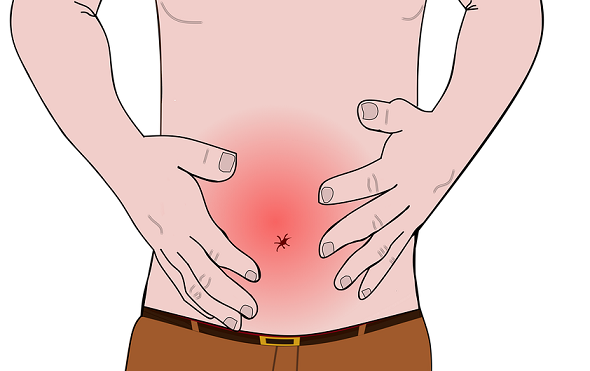
A curious thing I have noticed over my hospitalist years is that at times WBC count goes up 2-4 days BEFORE C.Diff diarrhea or other CDI symptoms start. I didn’t think much of it – until I saw a study on exactly this – which found leukocytosis to be not only a harbinger of CDI in some, but also a proxy diagnostic clue when C.Diff presents with non-specific symptoms. The theory is Toxin A produced by C.Diff bacteria while it is yet establishing infection fires up the systemic immune WBC response before colitis completely manifests. In other words, acute isolated leukocytosis or acute worsening or prior leukocytosis can be the ominous writing on the wall that C.Diff is coming, the smoke before the C.Diff fire (which can be quite the dumpster fire 🔥🔥💩💩 – just ask any nurse who has cared for C.Diff patients!)
So, why is this good to know ?
💡 Gives you an early index of suspicion especially in patients with risks for C.Diff (recent antibitoics, prior C.Diff, recent hospitalization, low serum albumin etc), can lead to earlier detection & treatment and better limit damage – a delayed C.Diff diagnosis result in more severe & difficult to treat infection & increases CDI recurrence risk.
💡 This pre-warning can also be a cue to dial back or stop any ‘just because’ empiric antibiotics or for another prior infection that is already better. Or if WBC getting worse despite your empiric antibiotics targeting something else in sepsis, or if you think it’s just an antibiotics associated benign diarrhea, you could be missing the real culprit : C.Diff
💡 A third utility for this information is when C.Diff infection actually presents as ileus or megacolon without its typical diarrhea , including patients with Crohn’s or Ulcerative colitis ! This is not common but I have seen a handful in the last several years. So, sepsis with significant WBC count and new ileus, or just a rising WBC followed by ileus should make you think of C.Diff as a differential diagnosis. In this situation, a stool-contaminated rectal swab can be used for diagnosing CDI instead of stool sample.
P.S. : Experienced hospital nurses often warn me that their patient’s diarrhea smells like C.Diff Infection (CDI) and frequently, stool testing is indeed positive for Clostridium difficile ! Studies show that a nurse nose is more accurate for CDI diagnosis in situational hospital floor setting versus a isolated lab test setting. Makes me wonder if there is some utility for a ‘Diff-Sniff’ hospital RN team for rapid screening 😉 . This Canadian hospital reported a cute doggo team for C.Diff sniffing , however canine Diff-Sniff teams comes with the problem of breakfast tray food distraction 🤣
Don’t miss these fun posts! Subscribe via email 📩 | |
